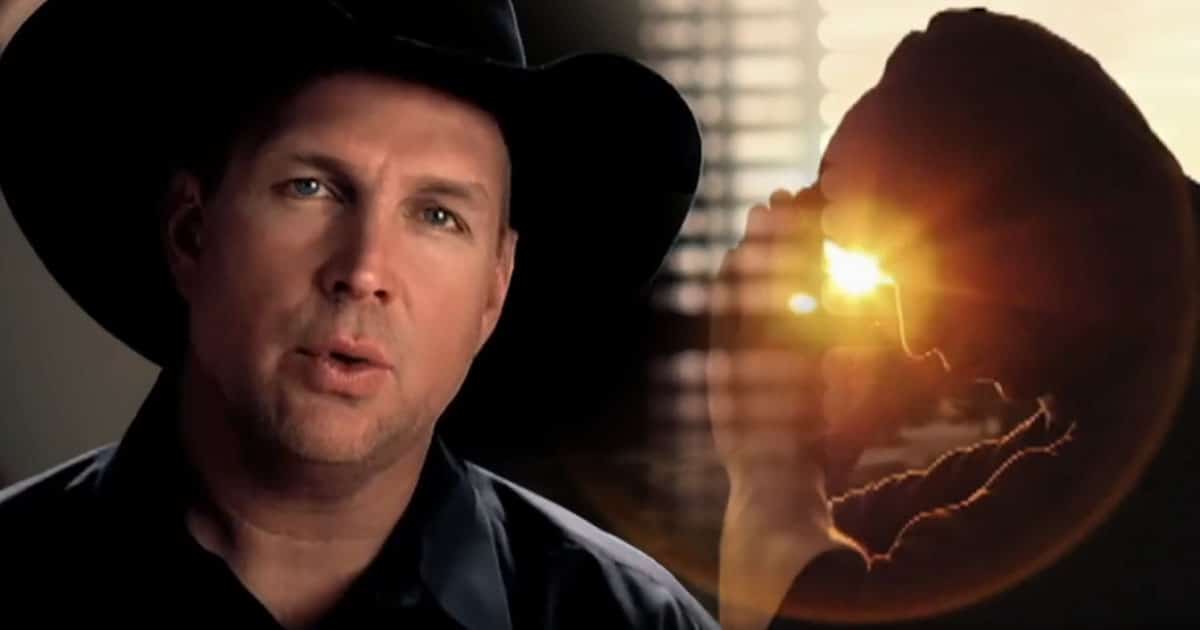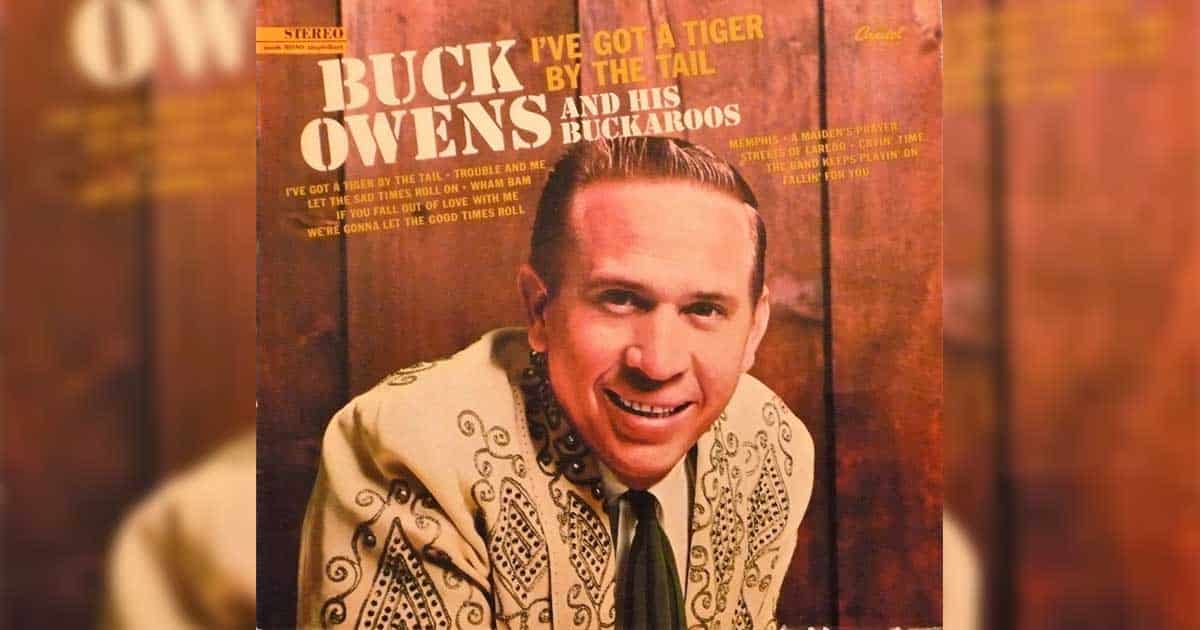Released on August 31, 1992, Garth Brooks delivers a clear message of social liberation in the classic “We Shall Be Free.” It was the first single to Brooks’ fourth studio album, The Chase. The country singer wrote the song with songwriter Stephanie Davis in response to the Los Angeles Riot in 1992, a fight against racial inequality and police brutality. Brooks was in LA for the ACM Awards when he witnessed the disturbance on TV and the 1991 graphic video of white policemen beating up Rodney King, an African-American taxi driver.
Despite its positive message, conservatives found the lyric ‘we’re free to love anyone we choose’ offensive.
“I feel bad any time somebody brings up the Christian aspect against ‘We Shall Be Free,'” he recalled in a 1993 Rolling Stone interview. “Because it was meant to be a gospel song. It was meant to be the truth as I saw it…I can’t see that loving somebody is a sin.”
Fortunately, it reached the Billboard Christian Songs at No. 22 and won him a 1993 GLAAD Media Award. It climbed to No. 12 on US Billboard Hot Country Songs and Canada Country Tracks. This was his first single to miss the Top 10 chart due to the boycott from many country radio stations.
Meaning of the Song
Garth Brook isn’t a stranger to controversial songs. His 1990 single “The Thunder Rolls” faced backlash for having the concept of a battered wife killing his abusive husband. And in 1992, he wasn’t afraid to sing out his socially conscious views in “We Shall Be Free.”
The song depicts a free world where systemic inequities do not exist. In a CD booklet liner notes of The Hits, Brooks described it as ‘a song of love [and] tolerance from someone who claims not to be a prophet but just an ordinary man.’ It celebrates harmony and acceptance but some audiences didn’t appreciate the sentiment, resulting in an airplay ban.
The line ‘we’re free to love anyone we choose’ sparked up the controversy. Having a homosexual sister, Brook explained in the 1993 Barbara Walters Talk Show that he can’t condemn harmless love. “I’m sorry if you think loving someone is a crime,” he said.
In the CD booklet, he revealed that this was the most controversial song he had written but never expected it to be.
“All I can say about ‘We Shall Be Free’ is that I will stand by every line of this song as long as I live. I am very proud of it.”
Play Garth Brooks’ timeless song “We Shall Be Free” ‘cause there is no better time to listen to it than this exact moment.


















